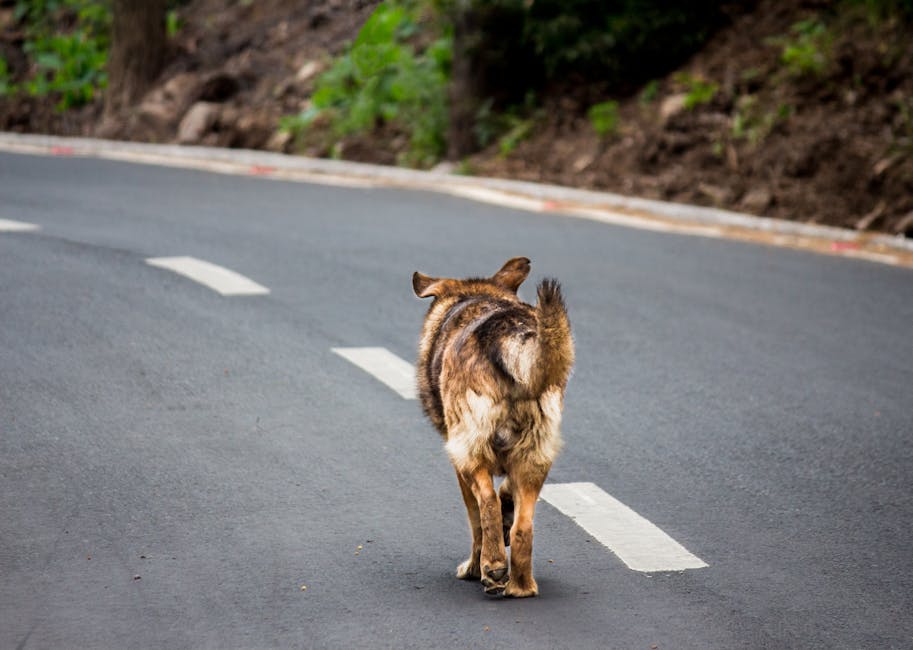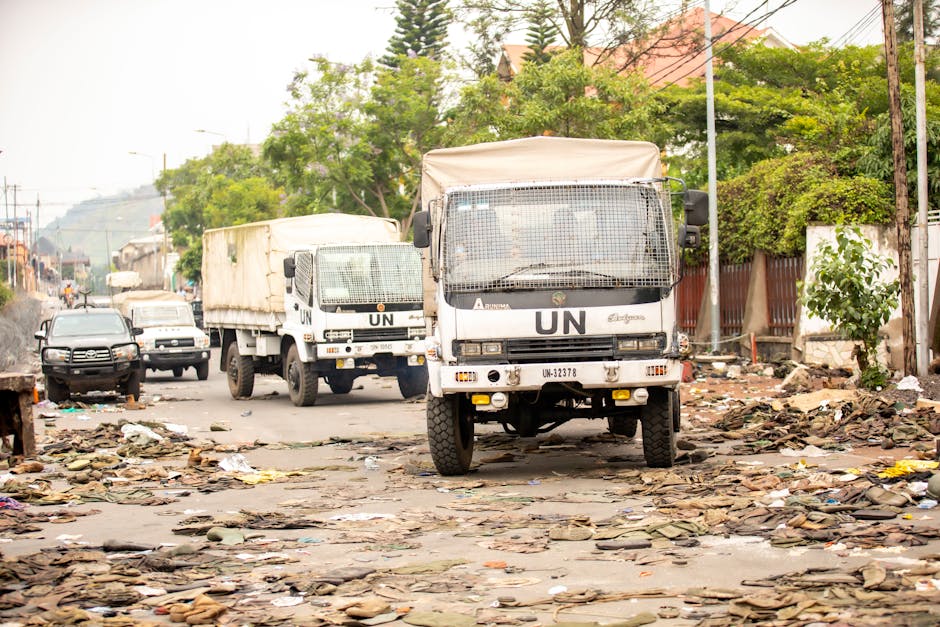Supreme Court Rebukes States Over Stray Dog Crisis
The Supreme Court of India reprimanded state governments and union territories (UTs) on Tuesday for their failure to tackle the growing stray dog menace, warning that the “image of the country is at stake.” The court highlighted rising dog bite incidents, rabies deaths, and public health risks, demanding immediate action from authorities.
A bench of Justices Sanjiv Khanna and Dipankar Datta ordered chief secretaries of all states and UTs to appear before the court on May 2, 2024, and explain their inaction. The hearing followed a petition citing increasing attacks on children, fatalities, and poor implementation of sterilization programs.
Alarming National Statistics on Stray Dogs
The court reviewed shocking data:
– Over 17 million stray dogs roam Indian streets.
– 10,000+ rabies cases reported annually, many fatal.
– Kerala, Maharashtra, Tamil Nadu, and West Bengal report the highest incidents.
Despite Animal Birth Control (ABC) program mandates, most states have failed to enforce sterilization and vaccination drives effectively. The bench stated, “This is not just a civic issue—it’s a public health emergency.”
Why Is the Stray Dog Problem Worsening?
- Poor Waste Management – Stray dogs thrive on garbage dumps.
- Illegal Culling Over Sterilization – Many municipalities violate AWBI guidelines.
- Lack of Coordination – States, NGOs, and local bodies fail to work together.
The court criticized Delhi (only 30% of 600,000 strays sterilized) and Mumbai (delays due to fund shortages) for slow progress.
Next Steps: Court’s Directives
The Supreme Court ordered states/UTs to submit affidavits by April 30, 2024, detailing:
✔ Sterilization & vaccination progress
✔ Public safety measures to prevent dog attacks
✔ Waste management plans to curb stray populations
Non-compliance may lead to contempt proceedings.
Public & Activist Reactions
- Animal rights groups support humane solutions, not culling.
- Citizens demand stricter penalties for pet abandonment.
- Experts urge better funding, awareness, and NGO collaboration.
With the May 2 hearing approaching, the pressure is on states to act—or face judicial consequences.
Stay updated with the latest developments on this national issue.




